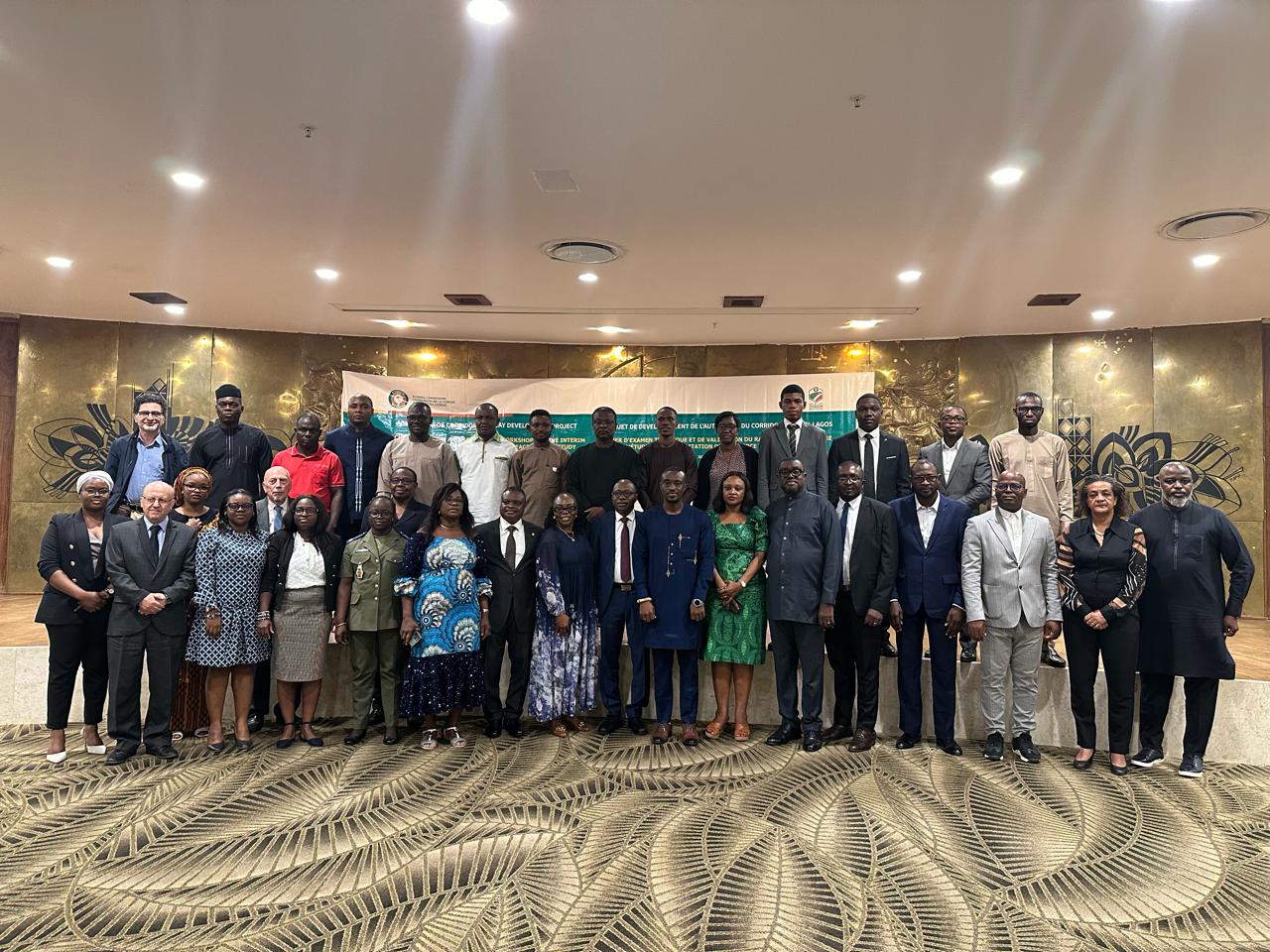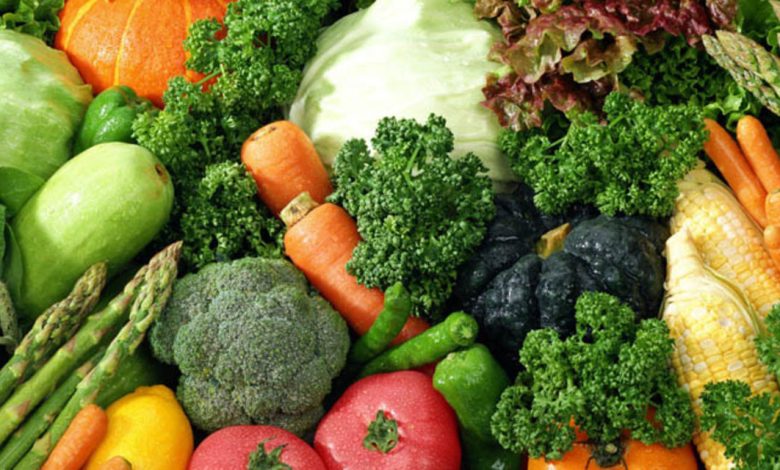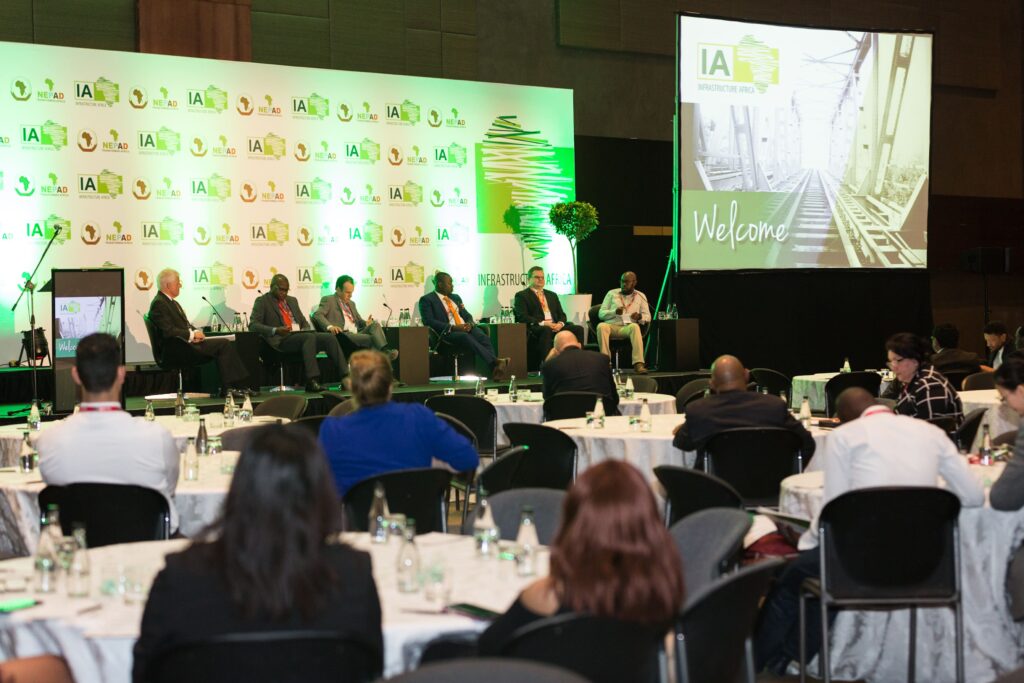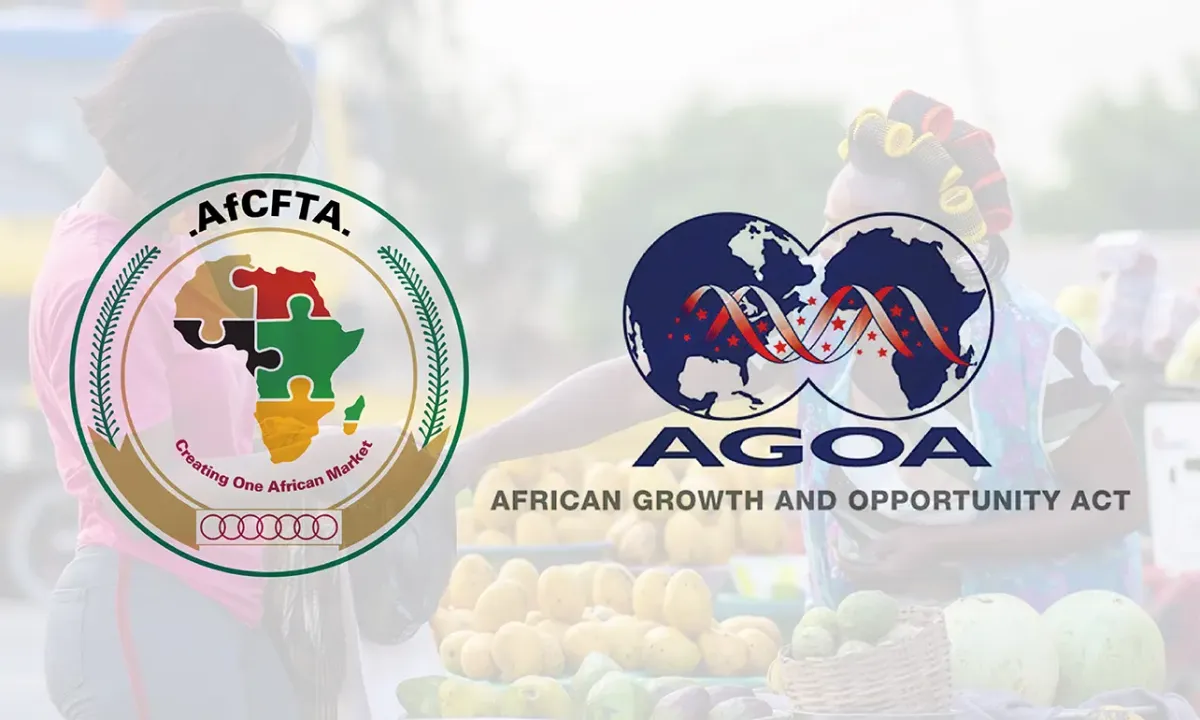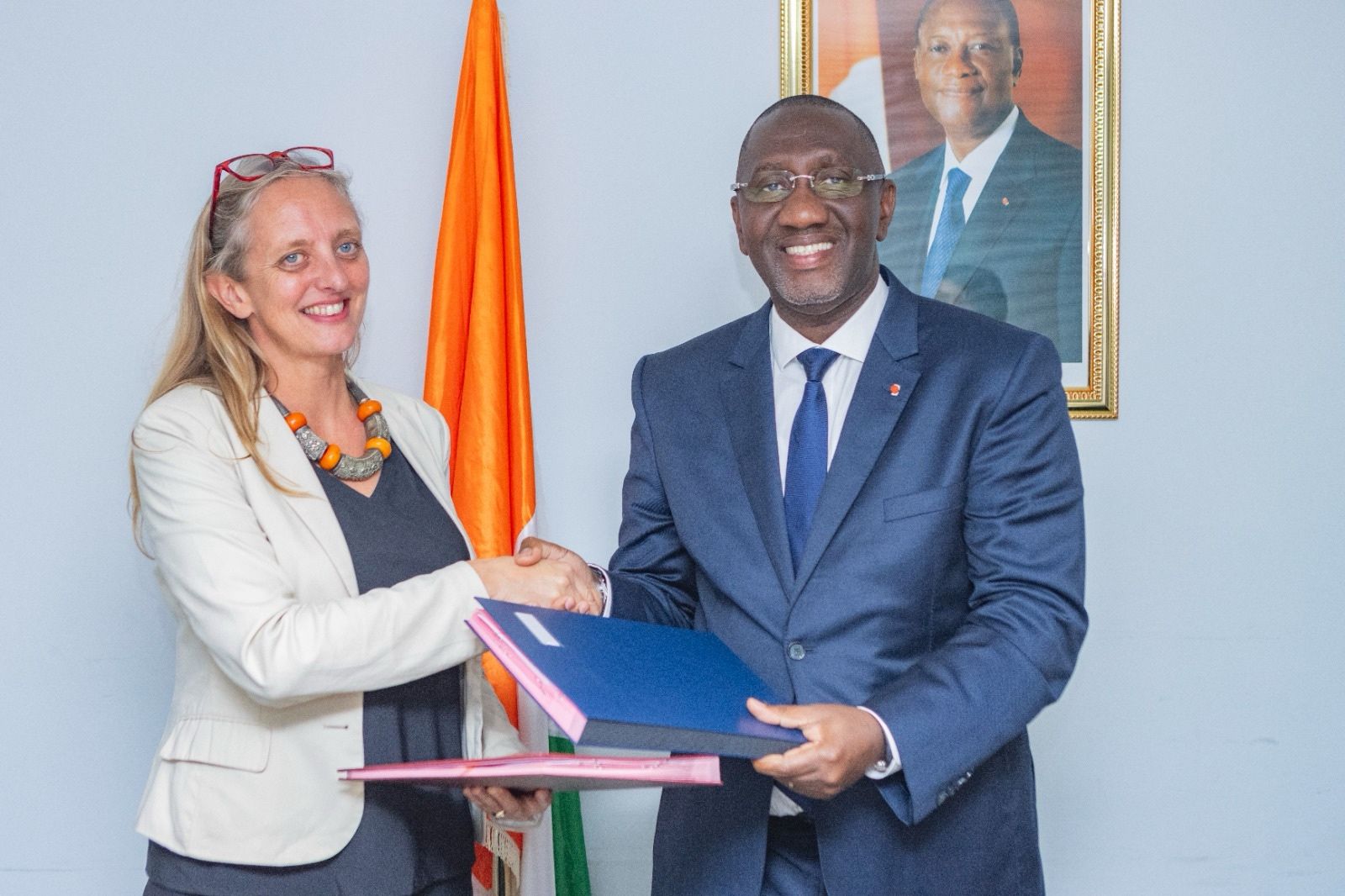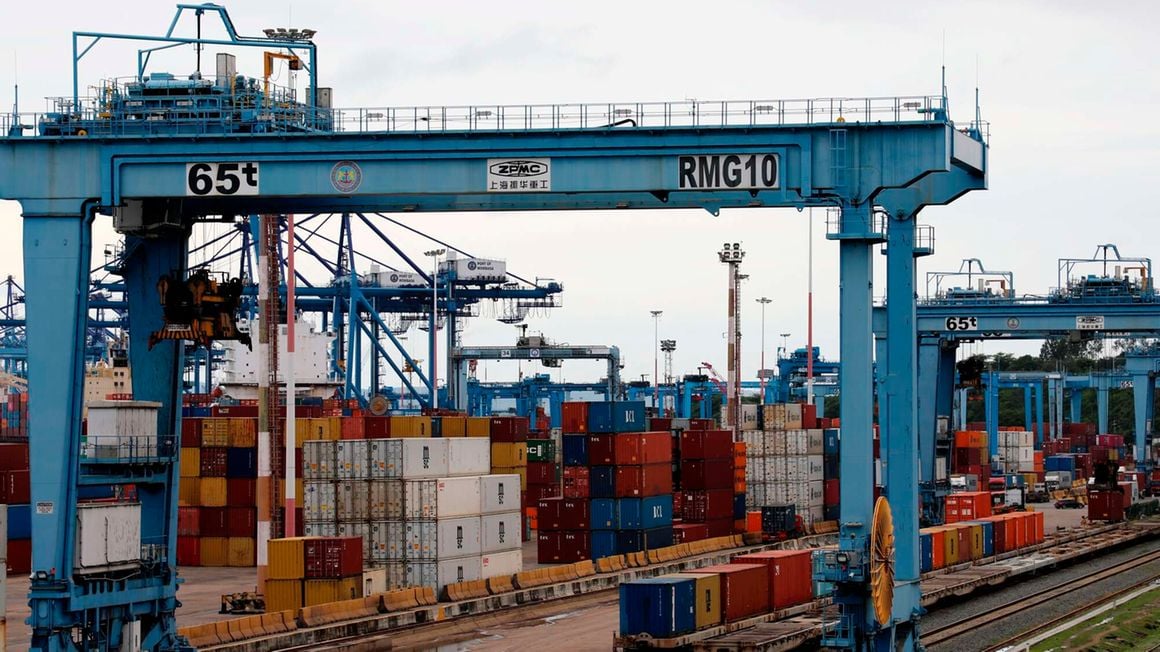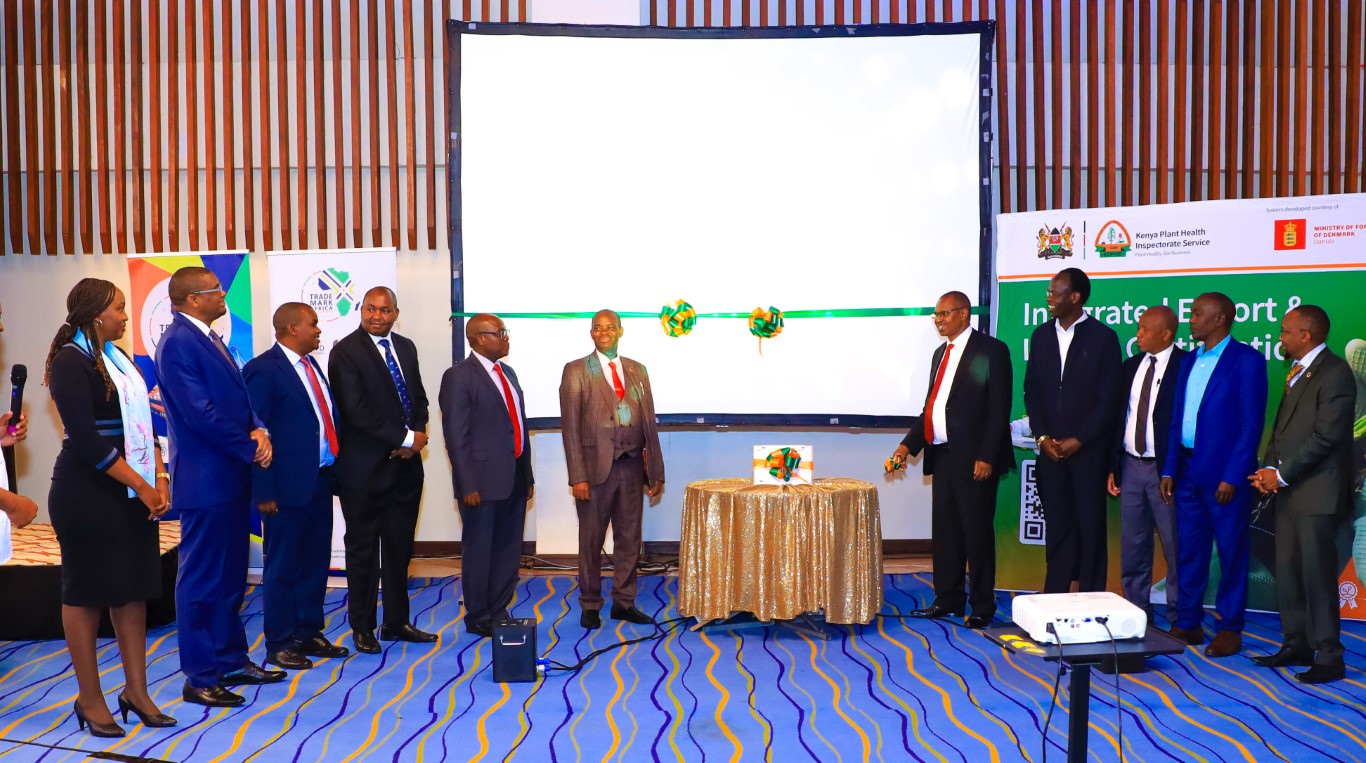The ECOWAS Commission has concluded a three-day technical review of a draft Interim report for the Trade and Transport Facilitation Study of the Abidjan-Lagos Corridor Highway Development Project and advised the consultants to incorporate all recommendations and resubmit for further evaluation and subsequent validation. The three (3)- day review workshop which brought together representatives of Member States from various sectors including Roads and Highways, Immigration, Free Movement, Customs, Trade and other international stakeholder institutions and Development partners who are interested in free movement of goods, services, persons and transport, aims to agree on a framework that will guide the movement of trade, persons, vehicles and services along the new Abidjan-Lagos Corridor Highway without creating unjustified impediments. Consultants commissioned by the ECOWAS Commission to undertake the trade and transport facilitation study on the corridor presented their interim report, highlighting some current situations on the corridor that are hampering trade and transport facilitation on the Abidjan-Lagos corridor and made some recommendations on how to ensure that such is drastically reduced or entirely eliminated upon the construction of the Corridor Highway. Acting Director of Transport for ECOWAS, Mr. Chris Appiah, said “When the Heads of States signed the agreement, they put in place a technical committee, so the people gathered here are made up of project directors from all five (5) Corridor Member Countries and colleagues from Trade, Customs, immigration, and free movement directorates of ECOWAS as well as other Development Partners to make sure that all the recommendations the consultant will be...
ECOWAS concludes review of interim Abidjan-Lagos Corridor Highway project
Posted on: July 5, 2024
Posted on: July 5, 2024

